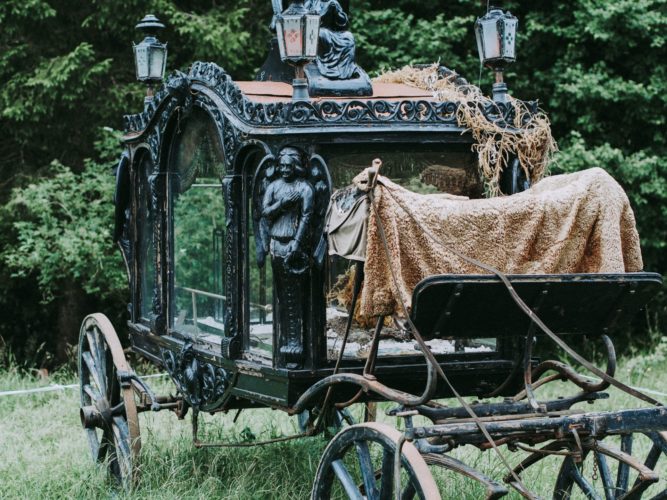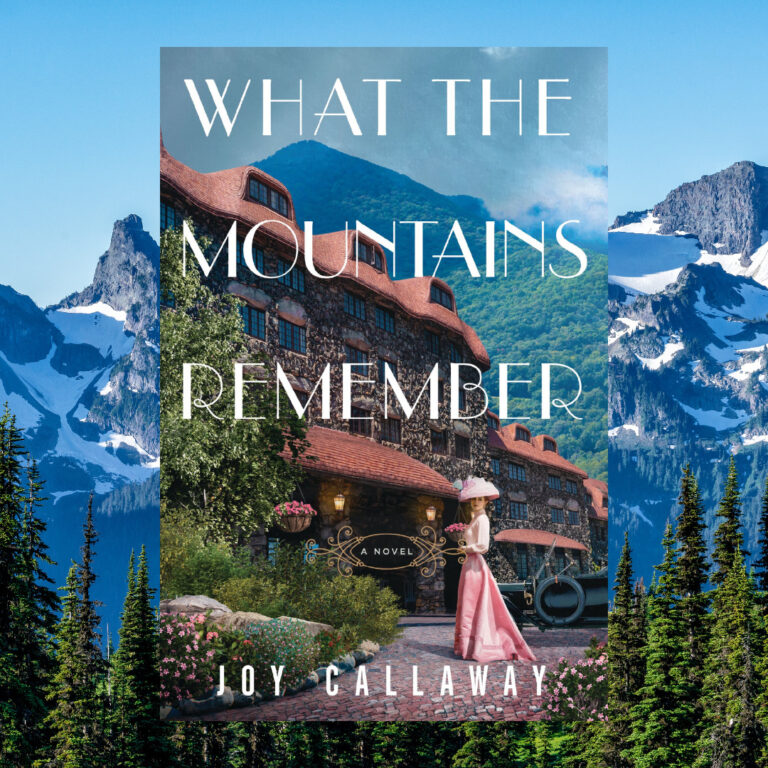So you’ve long resisted becoming a member of the Bonnet Brigade, but after binge watching Bridgerton and swooning over all those boys in breeches, you are finally feeling ready to jump on board the Regency romance wagon for the first time — welcome!
However, for anyone who has exclusively read contemporary romance, this world of corsets and cravats can be a bit jarring. Luckily for you, this longtime historical romance reader is more than happy to give you a crash course into the world of elegant ballrooms and balcony trysts.
So without further ado (after all, we mustn’t keep those eligible gentlemen waiting!), I present this quick, cheat sheet guide to common terms and phrases found in your favorite bodice ripper. It’s hardly exhaustive, but it’s a place for the confused time traveler to start.
And please note that my definitions and descriptions are based mostly on the world fictionalized in historical romance, so for any historians who happen to be reading this, I’M SORRY.
Almack’s: An invitation only ball run by the terrifying Lady Patronesses, and the ultimate high society marriage meat market.
Bluestocking: An unfashionably intellectual and academic woman. 50% odds that a Bluestocking heroine will be wearing spectacles. 90% odds that she and the hero will have an interlude in the library.
Congé: A lavish gift given upon the formal parting from one’s mistress, often mentioned as a sign that the hero is finally ready to settle down.
Diamond of the first water: This season’s most beautiful and sought after debutante. Most likely from a titled family and in possession of a large dowry. And therefore in want of a husband.
Dowager: An older woman, definitely very fancy and rich and can probably cut you with just a raise of her imperious eyebrows. Do not cross the Dowager. If you are lucky she will take a shine to you and give you all the best gossip.
Family seat: Not a shared chair but rather a grand country home. Depending on the state of the family’s fortune, may be anything from a palatial estate to a crumbling pile of stonework.
Gentleman Jackson’s: A pugilistic club where Regency men spar as an athletic endeavor. Commonly referred to as Gentleman Jack’s. Hero will tell heroine that he frequents said establishment when she comments on his impressive musculature. The beach is that way.
Given the cut direct: You have been publicly snubbed. Do not pass Go.
Governess: Frequently hired by a handsome widower to teach his precocious children. Will definitely not fall in love with her very honorable employer.
Hoyden: A free spirited young woman with a willful and independent nature. THESE SUFFOCATING RULES OF SOCIETY CAN’T BOX ME IN.
On the shelf: A term used to indicate that a young lady has had several seasons without securing a husband. Never, ever, ever applied to gentlemen who APPARENTLY only get better with time. Excuse me while I go apply my wrinkle cream. (See also: Spinster)
Rake: Charming, handsome, and gets away with everything. Makes an excellent husband once reformed. May also be referred to as a rogue. Not to be confused with garden shed tools.
Reticule: A Regency lady’s handbag. Also useful for hitting villains over the head, should the lady be a Bluestocking and have a book tucked inside.
Retiring room: Room at a ball that serves as a place for ladies to freshen up, fix torn hems, repin stray curls, and trade and overhear gossip. Also a convenient place for the heroine to hide from unwanted suitors, overbearing mothers, and other undesirables. Said heroine is often waylaid by unscrupulous characters on the way to or from the retiring room.
Rotten Row: A place in London’s Hyde Park to see and be seen. If a gentleman takes you for a ride along Rotten Row, you know he has marriage on his mind. Either that, or he’s doing a favor for your older brother but will definitely be falling in love with you very soon.
Second son: Will not inherit the estate or titles and is to be avoided at all costs when your family is COUNTING ON YOU HENRIETTA to secure futures for your many, many, many younger siblings.
Spinster: Any unmarried lady over the age of twenty-three. Twenty-seven if you’re feeling particularly generous. Always used in a sad, “Such a shame she ended up a spinster” sort of way. Thanks, patriarchy!
The Season: The time of year where society’s elite move from their country estates to their London townhomes. Balls, dinners, and all the amusements of the city are in full force. Attending the Season as an unmarried young lady means that you are open for business. That business being finding yourself a husband.
The ton: England’s most elite and fashionable society, full of snobbery and classism. The hottest heroes are the ones that are firmly members of the ton, but who don’t actually care about it.
Town: “Shall you be leaving for Town soon?” The “Town” in question is London. And the only acceptable neighborhood is Mayfair.
Wallflower: A debutante who never gained social clout or popularity and spends her time at balls blending into the walls, rather than dancing. The first step on the road to spinster.
This just in! Our heroine has secured a wealthy duke and will be living happily ever after! It turns out some gentlemen actually do love a hoyden Bluestocking.












